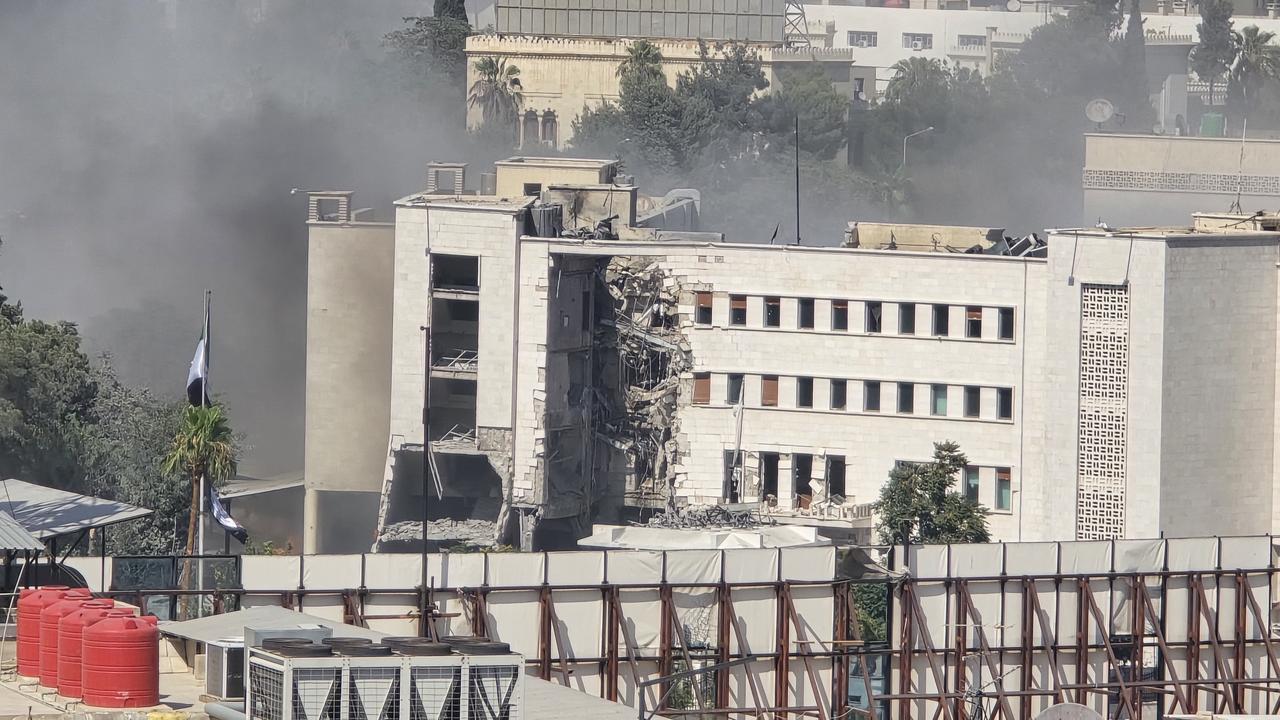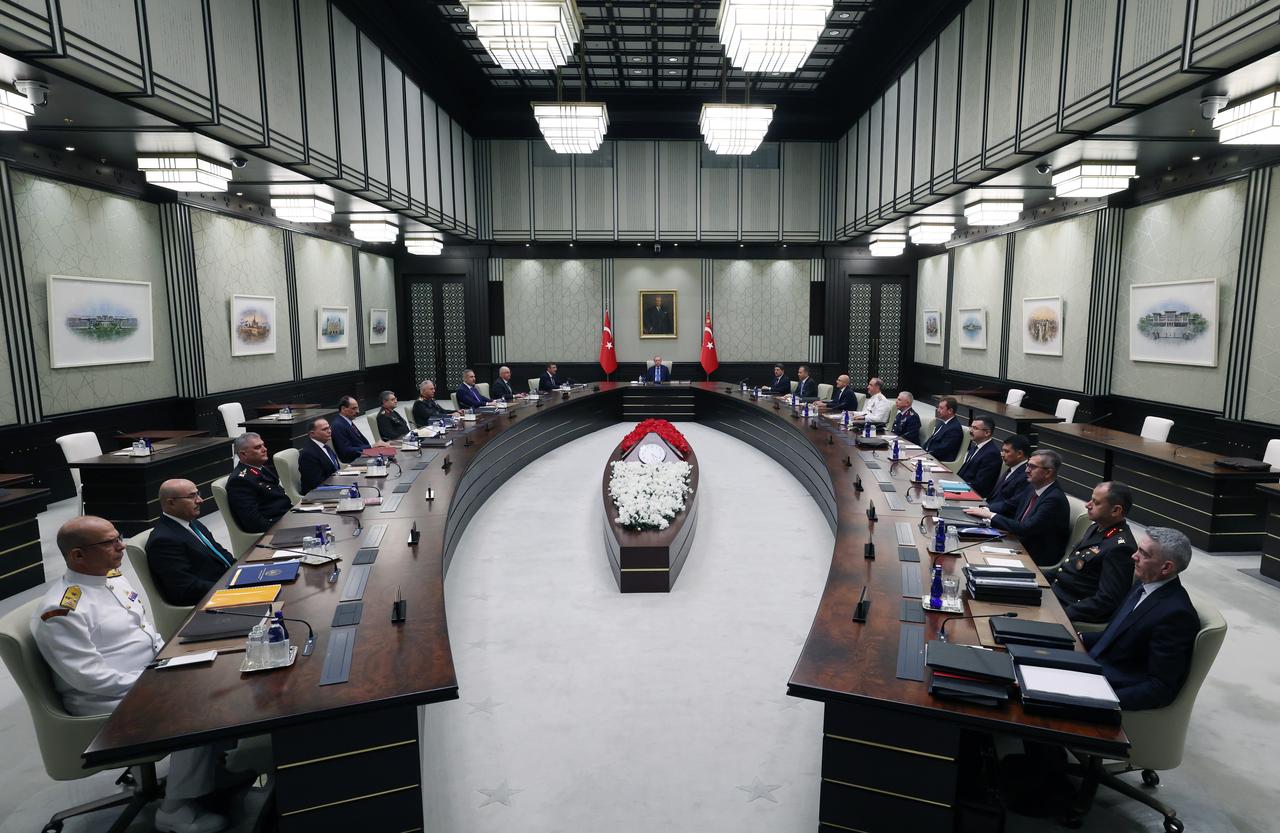
Türkiye’s National Security Council said Wednesday that preventing attacks and occupations targeting Syria’s sovereignty remains a top priority, as the region grapples with renewed violence and political upheaval.
"It was emphasized that preventing attacks and occupations targeting Syria’s sovereignty, as well as all kinds of separatist, destructive, and divisive activities, is of high priority, especially as there are attempts to drag Syria back into a spiral of violence and chaos," the council said in a statement following its meeting in Ankara.
The statement added that recent developments in Syria were thoroughly evaluated and that Ankara will continue supporting the Syrian government's efforts to ensure the country's unity, territorial integrity, and stability.

Since a July 19 ceasefire, a fragile calm has returned to Sweida after a week of deadly clashes between armed Druze groups and Bedouin tribes that left at least 426 people dead, according to the Syrian Network for Human Rights (SNHR).
The Syrian government has announced four ceasefire agreements since the violence erupted, but previous truces quickly collapsed—particularly after fighters loyal to Sheikh Hikmat al-Hijri, a prominent Druze cleric, forcibly expelled several Bedouin tribespeople and committed abuses.
Syria’s transitional government, which assumed power after the ouster of regime leader Bashar al-Assad on Dec. 8, 2024, has vowed to restore security nationwide and resolve local disputes through negotiated settlements.
Since Assad’s departure and subsequent flight to Russia in December, ending nearly 25 years in power and the Baath Party’s rule since 1963, the new administration under President Ahmad al-Sharaa has launched a series of political and economic reforms and moved to strengthen regional and international partnerships.
The council also discussed the political and military fallout from Israel’s attack on Iran, which triggered a 12-day war and disrupted indirect U.S.-Iran nuclear negotiations previously held through Omani mediators.

Israel’s June 13 assault targeted Iranian military, nuclear, and civilian sites, as well as senior commanders and nuclear scientists. Tehran retaliated with missile and drone strikes, and the U.S. bombed three Iranian nuclear facilities before a U.S.-brokered ceasefire took effect on June 24.
The statement urged the international community to act swiftly to stop “genocide and crimes against humanity” carried out by the Israeli government in Gaza, warning that its attacks on Palestine, Lebanon, Syria, Yemen, and now Iran threaten to drag the region into further chaos.
The council also expressed concern over signs of escalating conflict in the Russia-Ukraine war and reaffirmed Türkiye’s willingness to contribute “in every possible way” to efforts aimed at achieving lasting peace.
President Recep Tayyip Erdogan echoed that sentiment Monday, saying Türkiye aims to once again play a central role in facilitating negotiations between Kyiv and Moscow.
“Just as the negotiation table (between Russia and Ukraine) was established in Istanbul, the peace table will also be established in Türkiye in the not-too-distant future, and this bloody war will come to an end,” Erdogan said following a Cabinet meeting in Ankara.
Russia and Ukraine held a third round of renewed peace talks in Istanbul on July 23, following earlier sessions in May and June.